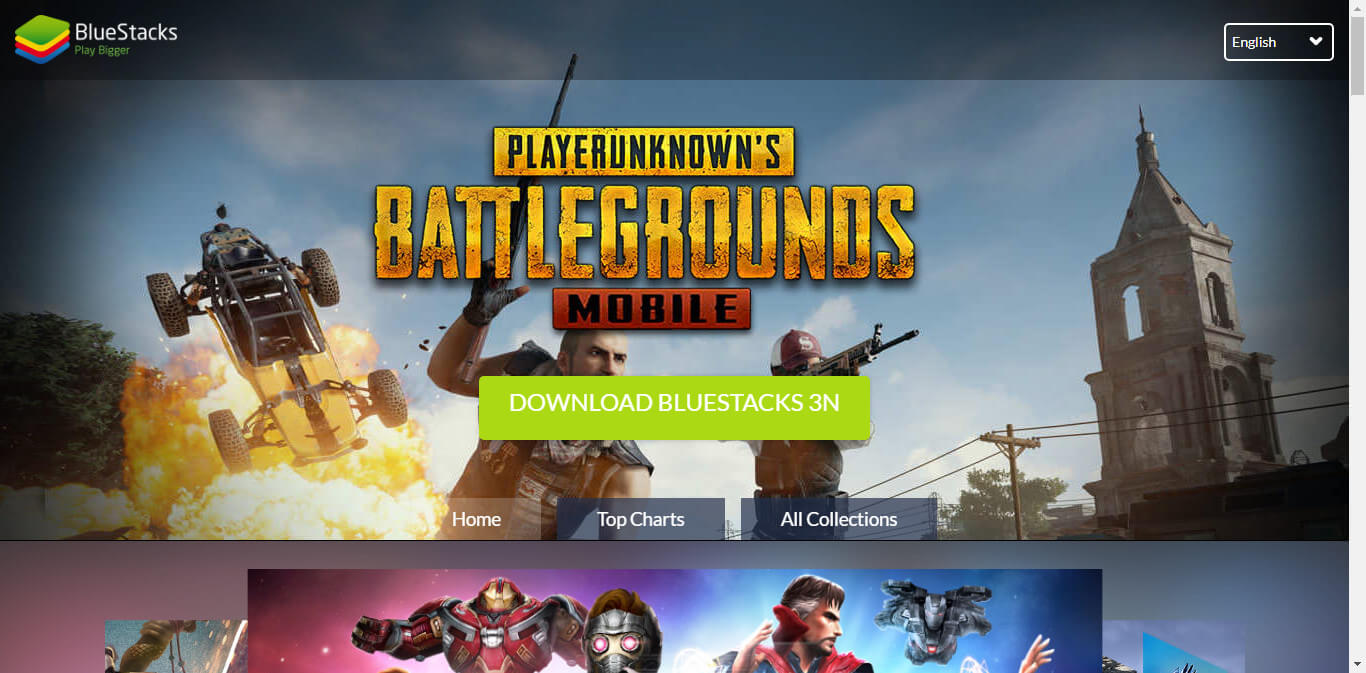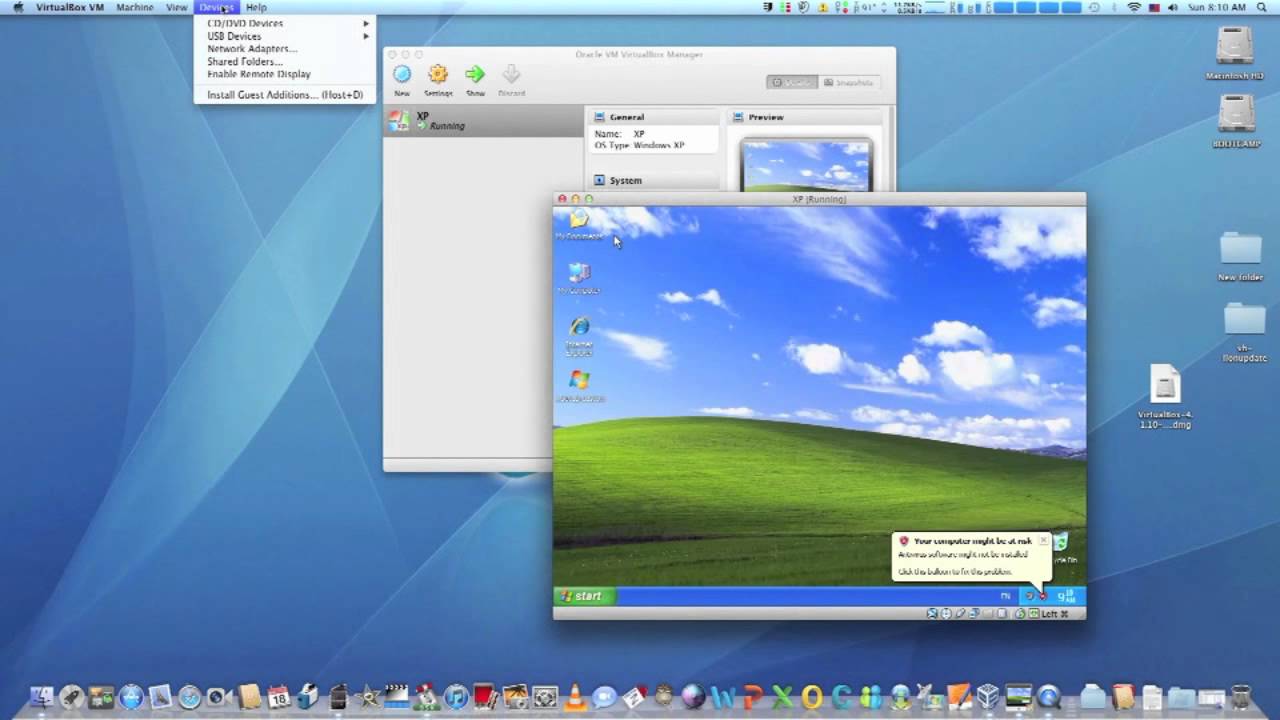
- MAC 128K EMULATOR ANDROID ANDROID
- MAC 128K EMULATOR ANDROID SOFTWARE
- MAC 128K EMULATOR ANDROID CODE
- MAC 128K EMULATOR ANDROID SERIES
* Designed with modern youth in mind, with special attention given to aesthetics and usability. * Play both classic and modern styled, retro-inspired games with new friends on-line or over your local network. * Write new programs or enhance classic ones with parallel-tasking control programs, and modern functions and commands such as 3D graphics modes (such as vectors n Logo and Applesoft voxel arrays) and camera movement.
MAC 128K EMULATOR ANDROID CODE
* Learn to code in pioneering educational languages ( Applesoft BASIC, Apple Logo II, 6502 Assembler) with features such as code editors and a reverse-debugger.
MAC 128K EMULATOR ANDROID SOFTWARE
We believe that fostering a good understanding of the roots of modern technology is critical to the development of our future IT professionals, and microM8 is intended to (eventually) do just that: * Discover a wealth of Apple II software (in DSK, D13, PO, DO, Applesauce WOZ, NIB, 2MG, and HDV formats) in an easy-to-navigate environment. Also, microM8 is free! The next generation of emulators, microM8 hopes to encourage learning and creativity by eliminating barriers present in traditional emulators, and by providing incentives for our users to collaborate and code. There are builds for Windows, macOS (Apple Macintosh) and Linux. Supported models are the 48k Apple II, the 64k Apple II+ and the unenhanced and enhanced 128k Apple IIe with Mockingboard, Serial, Printer, Mouse, Disk II, SmartPort and CP/M cards.
MAC 128K EMULATOR ANDROID SERIES
MicroM8 not only provides solid emulation of Steve Wozniak’s masterpiece 8-bit Apple II series computers, but also redefines retro-computing with ‘upcycling’ features such as 3D and HD graphics rendering, user-movable camera views, PVR-style memory state recording with “live rewind” (the only publicly-available Apple II emulator that can do this!), an integrated cloud-based disk library, Apple compatible BASIC and LOGO interpreters re-written in native Go which provide additional video modes (including 3D modes), functions and user-interface enhancements, local network and Internet-based screen sharing, and more!

Now launch your emulator with emulator -dns-server 8.8.8.8 command from the terminal which forces the emulator to use 8.8.8.8 as its DNS and the emulator will have internet.Update: microM8 now has experimental GUI frontends for Windows, macOS and Linux. So the trick is that you have your google DNS(8.8.8.8) configured in your network settings after your default router settings - this part takes care of downloading the dependencies from jcenter() and the sync and build succeeds. But if i change the DNS in my network settings, the google-services plugin which fetches your dependencies especially the one's getting downloaded from jcenter() will not be downloaded and hence your sync will fail which eventually fails your build. The problem is when you are connected through the router, the androidwifi in your emulator uses the settings and the sets the DNS to something other than 8.8.8.8 which is the google DNS(I presume this is kinda mandatory setting for the androidwifi to gain internet access). I hope it works for : I figured the problem with this and fixed it. This fixed it for me after I unsuccessfully tried all the other solutions found on this page and many others.

However, on the latest versions, it works better to keep this checked. I emphasis this because many of the previous solutions said to uncheck this.
MAC 128K EMULATOR ANDROID ANDROID
Click on Proxy at the top and make sure Use Android Studio Http proxy settings IS CHECKED.

The problem is the DNS settings on the Emulator. It seems the previous answers to this problem no longer work in 2021 (Using Android Studio 4.1.2).


 0 kommentar(er)
0 kommentar(er)
